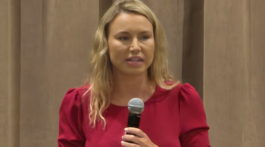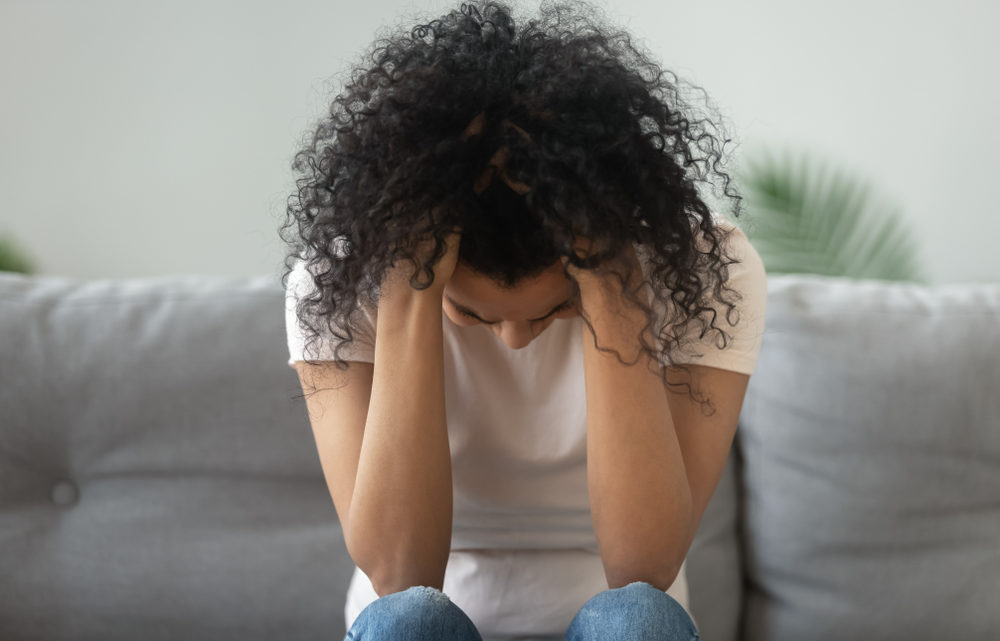by Bart Doan
By now, we all know the harrowing numbers but like anything else, their shock and awe has dwindled. Over 22% of Indiana teenagers have either taken their own lives, attempted to, or made a serious plan to in 2021, according to Indiana Youth Institute. Nationally, that number spikes to a 33% of teenage females. It is not limited to youth, however. Indiana ranks 9th worst in the nation in adults who’ve considered attempting suicide in 2021, a 24% increase over the last 10 years (IDOE).
We talk about this stuff, and I do in classrooms across the state with students, but too often it feels like we’re just trying the same methods, throwing more money at the same ideas with a new twist, and kind of avoiding the elephant in the room. Work.
If the way to reduce these numbers is to throw more money at another program, non-profit, mental health agency or endless eye-rolling “inclusion” trainings to change the narrative, we haven’t seen it yet, and we’d be wise to maybe pause on trying.
The truth is, to fix so many of what ails, we should be looking no further than the 9 to 5. According to the NIH, suicide increases two and threefold among people who are unemployed versus those who are. Oddly enough in the study, only half of those attributed additional mental health issues to suicide among adults.
When I go into classrooms, the usual tropes expected of young people to point out regarding their issues with society are rarely mentioned. While labeled as misanthropes because of social issues foist upon them by social media influencers dominates popular thinking of how young people feel, their concerns are much more mature…and economic than we probably give them credit for.
“School doesn’t teach me anything, I need to learn how to manage money.”
“I need to learn things like how to buy a car and a house and what goes into that.”
“School is too much pressure. Between school and sports or clubs, we’re pulling 12-14 hour days by the time we get home.”
“I don’t know how to get into college, or even if I need it.”
“I want to learn how to do (insert career here) but I’m not learning that stuff so I feel lost.”
In the periphery, maybe those social issues exist, but in their own words, they’re worried about things inherently more adultish: making money; job versus college; how to be an adult.
If Indiana is wise to address some of these suicide numbers, the same old thinking on trying to get everyone to accept where everyone else in life is at emotionally simply won’t do the trick. It may get the splashiest headlines and the most banter on Instagram, but it’s not the cause de jour if we shall fix things.
After all, when you’re marching towards quitting time and you need the coworker next to you to get their widget done so you can get your widget done and pass it onto the next person to get their widget done so you can go the heck on home, your concern isn’t if that widget maker is black, white, purple, religious, irreligious, or what ethnicity they are. “Work” tears down all the walls that separate us, because we’re all on the same team. Work brings a sense of belonging, community and togetherness. Without it, we go trying to find it by using lowest common denominator things about us.
Furthermore, healthy employment means healthy parents means healthier family environments means healthier kids and adults. It means less divorces, which statistically show more generational success for young people. As we kneel at the altar of the next identity politics idea of how to fix mental health, we’d be wise to get back to basics. As Bill Clinton once said: it’s the economy, stupid.
Bart Doan is a Teen Suicide Prevention Speaker. bjdoan@gmail.com















